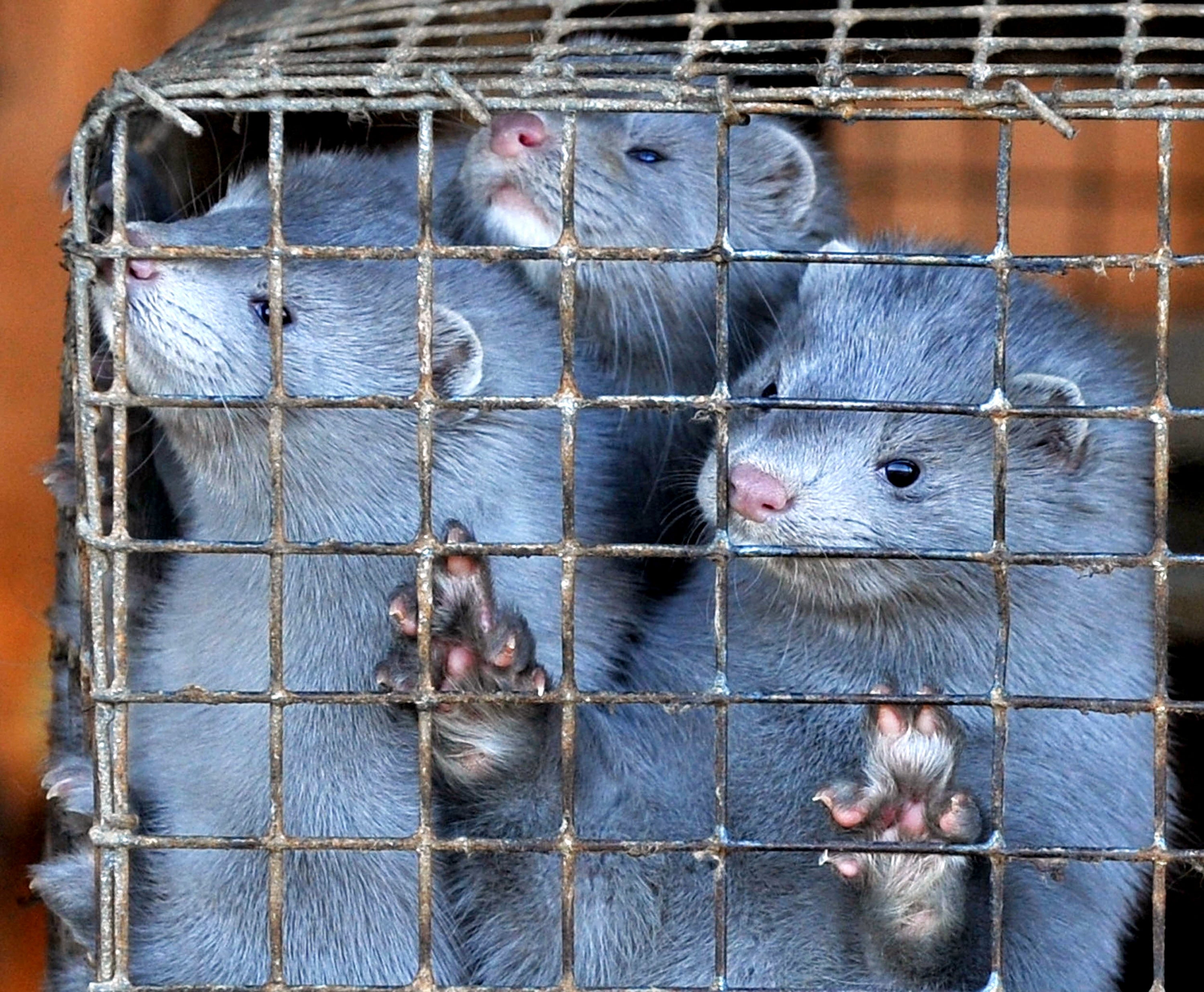Eight Covid-19 cases found on Polish mink farm
Members of the Polish fur industry objected to mink farm testing with worries that it could lead to a national mink cull

Scientists from the Medical University of Gdansk have found eight cases of Covid-19 in mink at a mink farm in northern Poland.
Poland began to test its farmed mink for coronavirus this month, following the discovery of a mutated virus in farmed mink in Denmark, which resulted in a national mink cull.
Last week authorities disclosed that 18 cases of coronavirus had been found in workers on mink farms since the pandemic began. It is not thought that these workers were infected by the animals.
The statement from The University of Gdansk said: "this is the first case of confirmed infection with SARS-CoV-2 in farm animals in Poland." Two scientists examined 91 mink for Covid-19, eight of which tested positive.
Earlier in November, authorities disclosed that tests had been ordered for farms in four regions of the country, excluding the northern region where the infected mink were found.
Members of the fur industry in Poland objected to the testing with worries that it could lead to a nationwide cull, similar to that of Denmark.
This comes as France has culled 1,000 mink after the mutated virus was found in mink on a farm in the west of the country. Authorities in France have been testing mink farms there since the mutated strain of coronavirus was found in Denmark.
Four French mink farms have been tested, no trace of the virus was found in one and the results of two are still yet to be announced. Should they come back positive, the French government has said it will cull all mink on the farms.
Mink-related mutations of the Covid-19 virus have now been found in farms in Denmark, France, Spain, Poland, the Netherlands, South Africa, Switzerland, Italy, Sweden, Greece, the Faroe Islands, Russia and the US.
Writing in The Lancet, Professor Marion Koopmans, from the Erasmus MC Department of Viroscience in Rotterdam, said that a fur farm surveillance programme is needed urgently.
In the paper, she highlighted a “major concern” of the “potential formation of a non-human reservoir from where the viruses could be reintroduced once circulation of SARS-CoV-2 in humans is suppressed.”
Fur farming is illegal in the UK, yet in many other countries across Europe, it is a source of great income.
France has announced that it plans to ban farming mink by 2025, while the Netherlands has brought its deadline to make mink farms illegal forward from 2024 to 2021.
Join our commenting forum
Join thought-provoking conversations, follow other Independent readers and see their replies
Comments


Bookmark popover
Removed from bookmarks